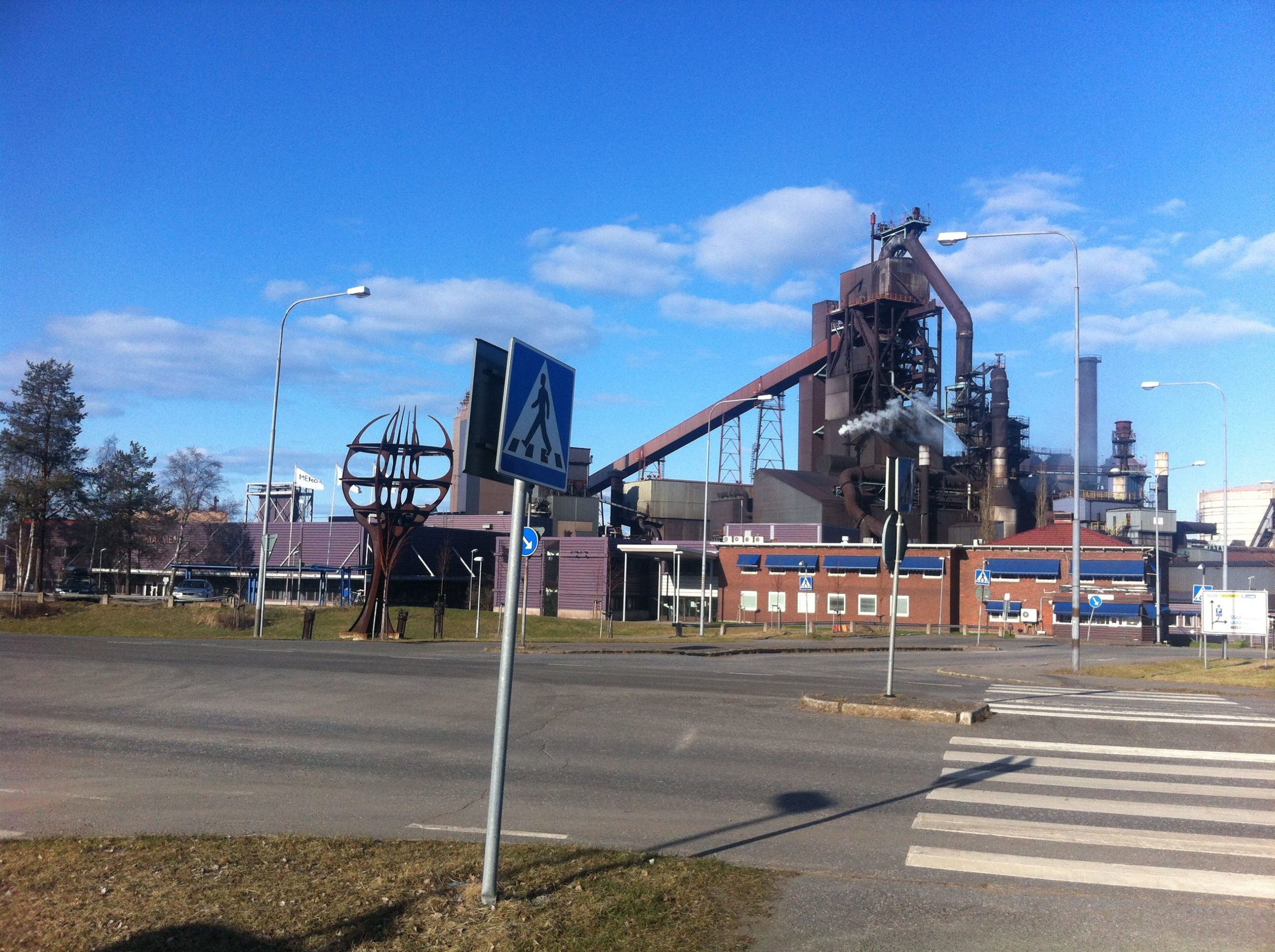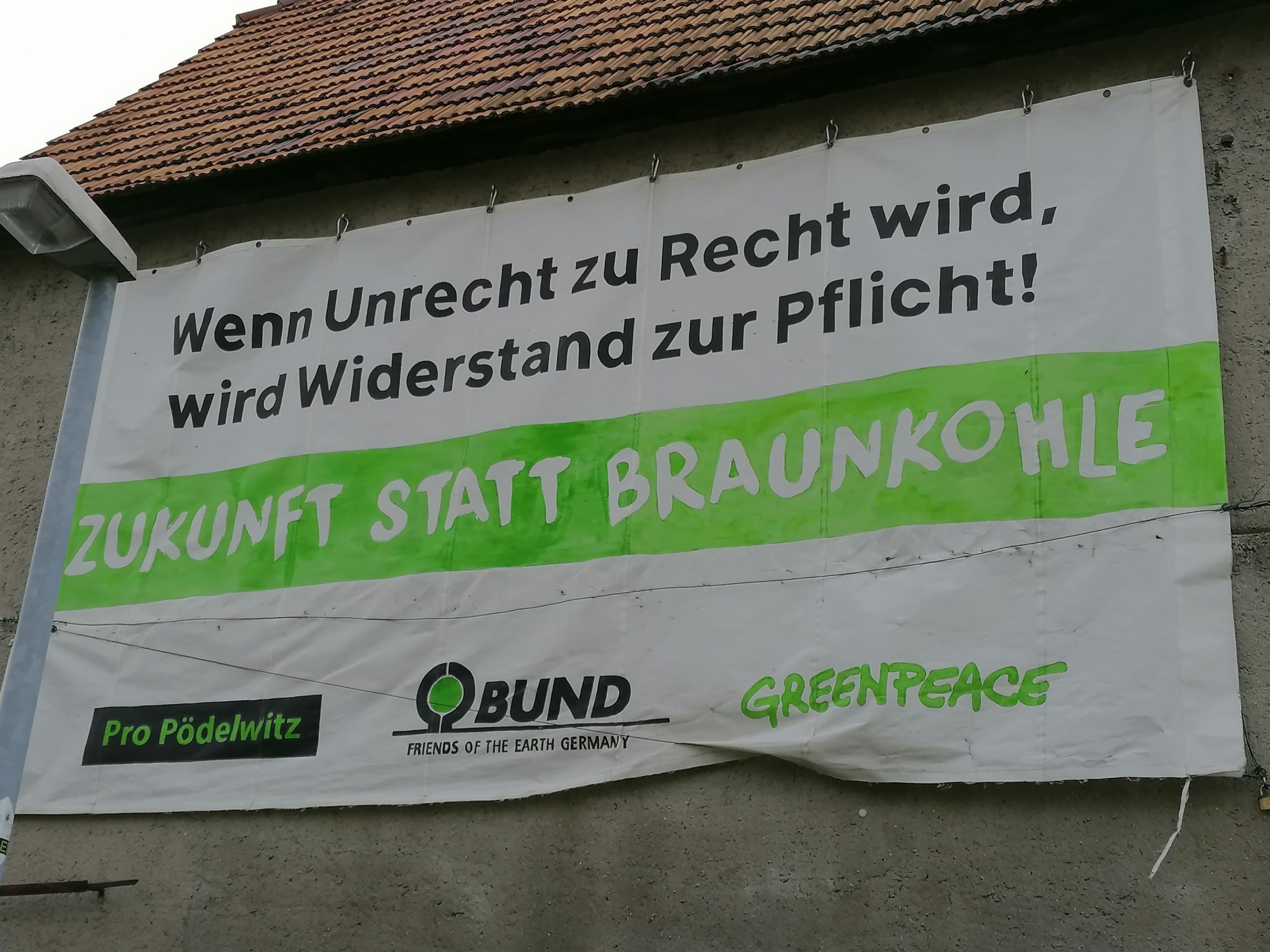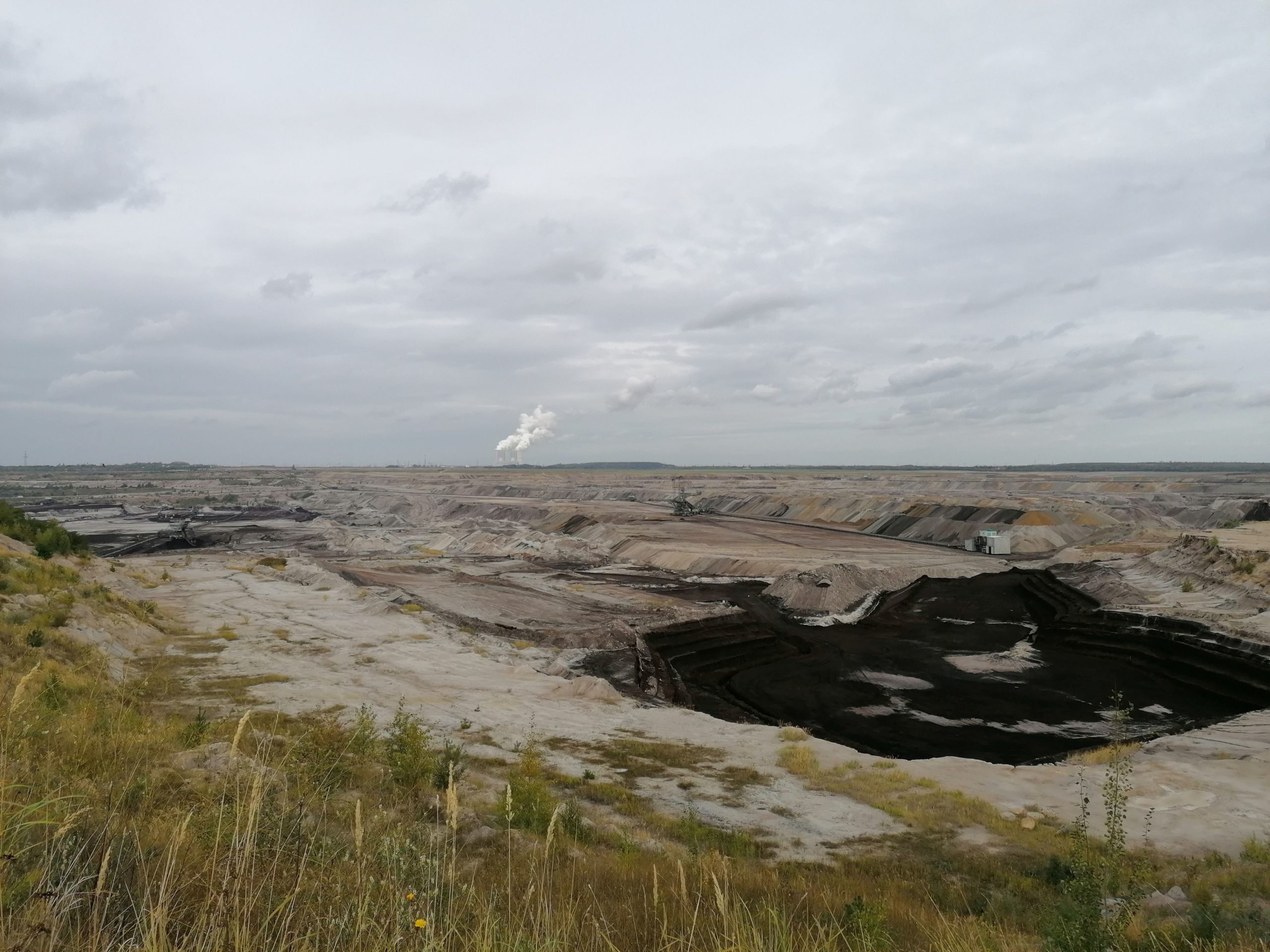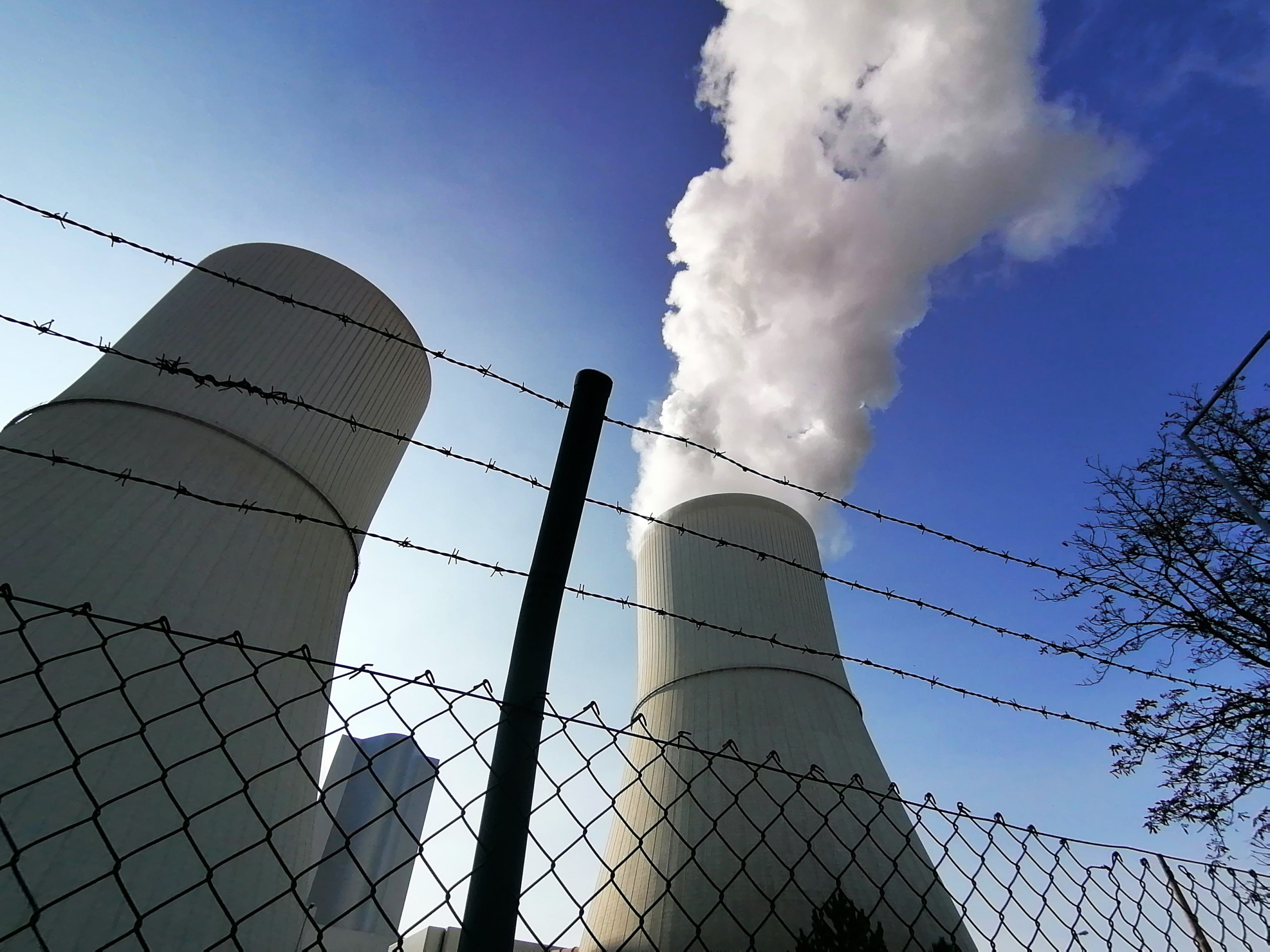Summer School:
Post-Carbon Futures.
Cities, Industries and Energies in Central Europe
What questions does the transition to post carbon-society raise for the social sciences, and how can these sciences contribute to shape and enable fossil free futures? The summer school “Post-Carbon Futures: Cities, Industries, and Energies in Central Europe” takes its participants to Saxony-Anhalt, one of the core areas of Germany’s coal extraction and chemical industry, to explore the ramifications and prospects of a resource and energy transition in the making. In cooperation with international researchers from Social and Cultural Anthropology, Human Geography, Sociology and experts from other academic and non-academic fields, we aim to investigate the futures of energy production and consumption as well as the effects these transformations may have on carbon industries and industrial cities
Programme
The Summer School’s program combines academic lectures, workshops, and discussions with experts from politics, industry, and regional development, as well as field trips to industrial and energy sites, film screenings, and social events. The program is divided into three thematic modules, highlighting different aspects of the overall topic.

Module 1:
Energypolitics and Urban Industrial Entanglements
This module focuses on the interlink between the city, politics and energy. It examines the multiple entanglements between energy production and energy consumption in Halle. Through considering the post-socialist history by exploring the urban legacy of Halle-Neustadt, once build as a workers town, displaying bygone ideas of modernity and progress, we ask: How are ideas of human progress and post-fossil futures inscribed in urban entanglements?

Module 2:
Energy Pasts, Energy Future
This module looks at the intersection of different energy pasts and futures. The guiding question for all our conversations and explorations will be how people conceptualise their industrial energy pasts and negotiate ways forward. How do actors on the ground envision a future after oil and coal, and how do they time the transition towards it? Which factors matter in their negotiations and which dilemmas do their face in their way forward?

Module 3:
Landscapes of Coal
The multiple landscapes of coal in the Central German Mining District allow us to reflect theoretically and methodologically on the challenges and opportunities of former lignite mining sites. Can these wounds be healed and regenerated? What methodologies can enable investigations of techno-environmental catastrophes? Which perspectives can make the things and diversities visible that arise admits and despite the devastation of post-industrial zones?


